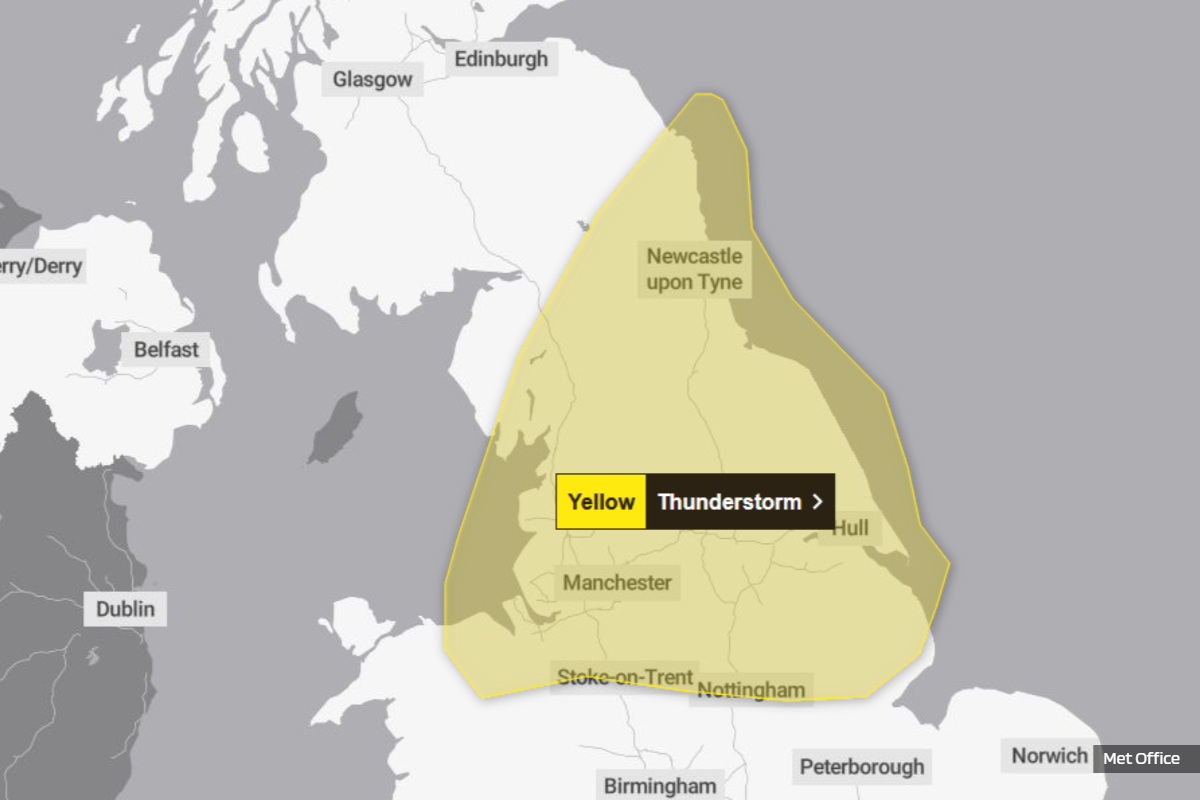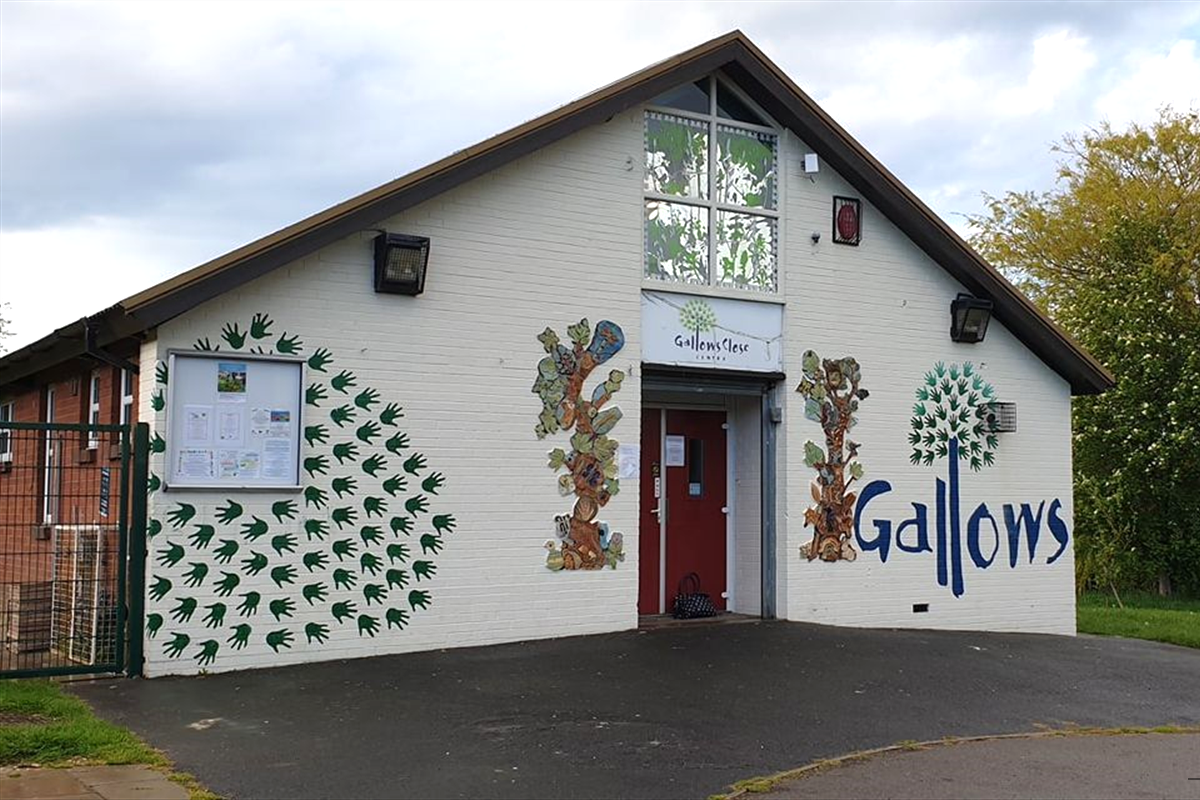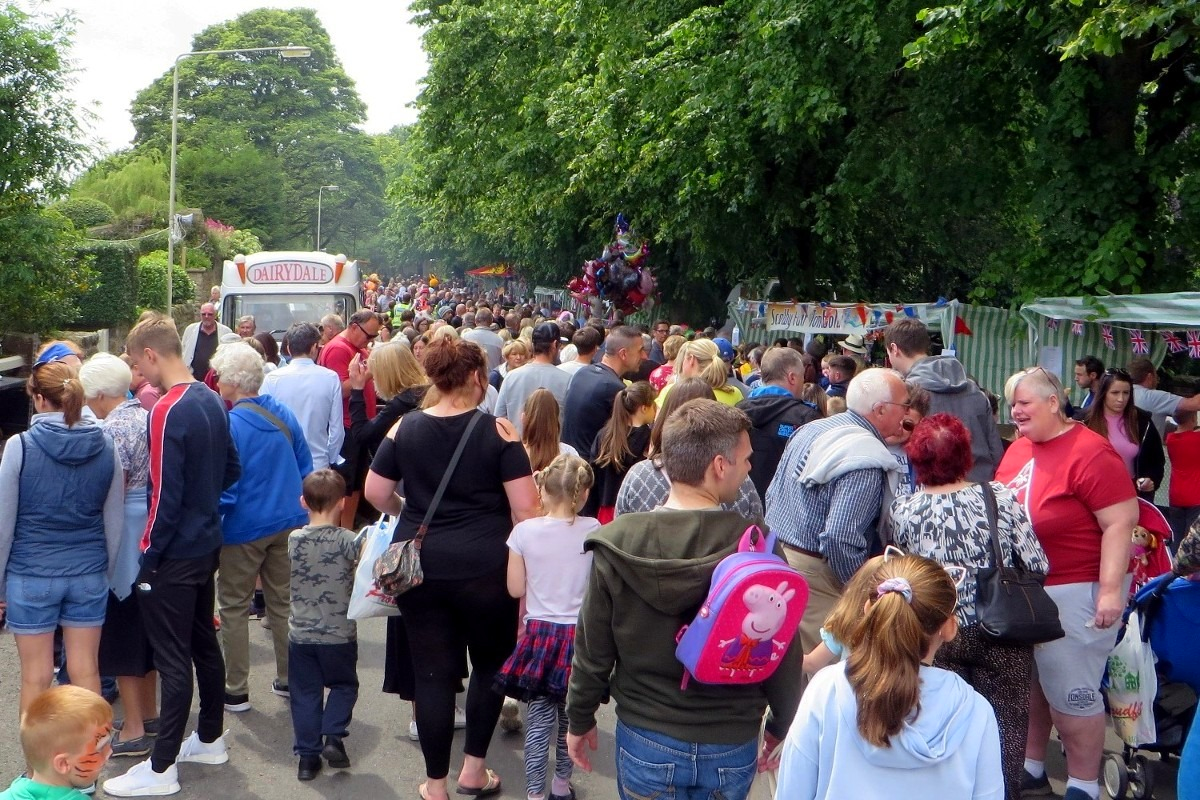The impending ban on protest group Palestine Action has divided opinion - described as both "outrageous" and "long overdue".
Home Secretary Yvette Cooper is expected to take the step after the group broke into RAF Brize Norton in Oxfordshire on e-scooters and sprayed two Voyager planes with red paint.
The prime minister described the attack as "outrageous" and a rapid review of security at MoD bases is under way.
It was the latest protest in a five-year campaign from Palestine Action (PA) that has targeted arms manufacturers, financial institutions, political figures and government buildings.
Red spray paint has become its signature.
On its website, PA says it is a "direct action movement" committed to ending "global participation" in what it calls Israel's "genocidal and apartheid regime".
It adds that it uses "disruptive tactics" to target "corporate enablers of the Israeli military-industrial complex".
Banning the group would make membership of it illegal. It would be treated as a terrorist organisation.
Saeed Taji Farouky, a spokesman for PA, told Sky News that potential proscription was "unfair", adding that it was "ludicrous" that a "civil society direct action group" could end up on the same list as ISIS.
He added: "It's not logical, it's not even consistent with the British legal definition of terrorism, it's a reaction that's been taken overnight, with almost no discussion or debate.
"The whole thing is incredibly worrying, mostly for what it means about British law in general, about undermining the very basis of British democracy and the rule of law."
There are "no circumstances" under which the two people who breached Brize Norton would be handed over to the police, he said.
Singer-songwriter Paloma Faith, who spoke at a pro-Palestine rally in Whitehall in central London on Saturday, told Sky News she was "devastated" by the move.
"I have met some of the people who have friends in that group. They are young students and they are basically trying to do something because they feel that our government is failing them."
She added that "everyone" wants to end what she described as a "massacre" in Gaza.
Israel says its military campaign in Gaza is a way of defending itself against Hamas, which killed more than a thousand people in its 7 October attacks and took about 240 people hostage. Hamas-run health authorities claim Israeli attacks have since killed almost 56,000 people in Gaza.
Faith continued: "When you scribble on something, or paint on it, it's a non-violent protest and it shouldn't be made at the same level as a violent protest - it is unjust."
Ben Jamal, director of the Palestine Solidarity Campaign, backed Palestine Action's use of non-violent protest.
He told Sky News: "There has been a place for that in all political movements in history.
"In the struggle for the rights of black people in the US, in the struggle against apartheid in South Africa, in the struggle for women to have the vote, people took forms of non-violent direct action.
"Imagine if we had the current [situation] back in those days - we would have been proscribing the suffragettes, treating them as terrorists."
Read more:
Analysis: If Israel breaks Iran it will own the chaos
Putin says 'Ukraine is ours' and threatens nuclear strike
Others have welcomed the move. Lord Walney, who served as the government's independent adviser on political violence, told Sky News the decision was "long overdue".
"Palestine Action have acted as the enemy within which is why it's right, now, to crack down on them," he said.
"They have terrorised working people for a number of years and there's a number of serious violent charges that are going through the court system at the moment."
The UK government is expected to announce its decision early next week.

(c) Sky News 2025: Palestine Action: The 'enemy within' or non-violent protesters?




 Ex-classmates died after being treated at same mental health hospital - as concerns raised over more deaths
Ex-classmates died after being treated at same mental health hospital - as concerns raised over more deaths
 Latest polling says if an election was held tomorrow Reform UK would win a majority
Latest polling says if an election was held tomorrow Reform UK would win a majority
 UK weather: Up to 40mm of rain could fall in two hours amid thunderstorm warning
UK weather: Up to 40mm of rain could fall in two hours amid thunderstorm warning
 Palestine Action to be banned after break in at RAF base, Sky News understands
Palestine Action to be banned after break in at RAF base, Sky News understands
 Prince of Wales plays with family dog and her new puppies in picture marking 43rd birthday
Prince of Wales plays with family dog and her new puppies in picture marking 43rd birthday
 Rail passengers have to walk along tracks on hottest day of year so far after fault brings trains to halt
Rail passengers have to walk along tracks on hottest day of year so far after fault brings trains to halt
 'Don't kill the ill' vs 'What a relief': Two terminally ill people on the assisted dying vote
'Don't kill the ill' vs 'What a relief': Two terminally ill people on the assisted dying vote
 Thousands watch summer solstice sunrise at Stonehenge - on the hottest day of year
Thousands watch summer solstice sunrise at Stonehenge - on the hottest day of year
 Sir Keir Starmer tries to contain rebellion among Labour MPs over welfare reforms
Sir Keir Starmer tries to contain rebellion among Labour MPs over welfare reforms










